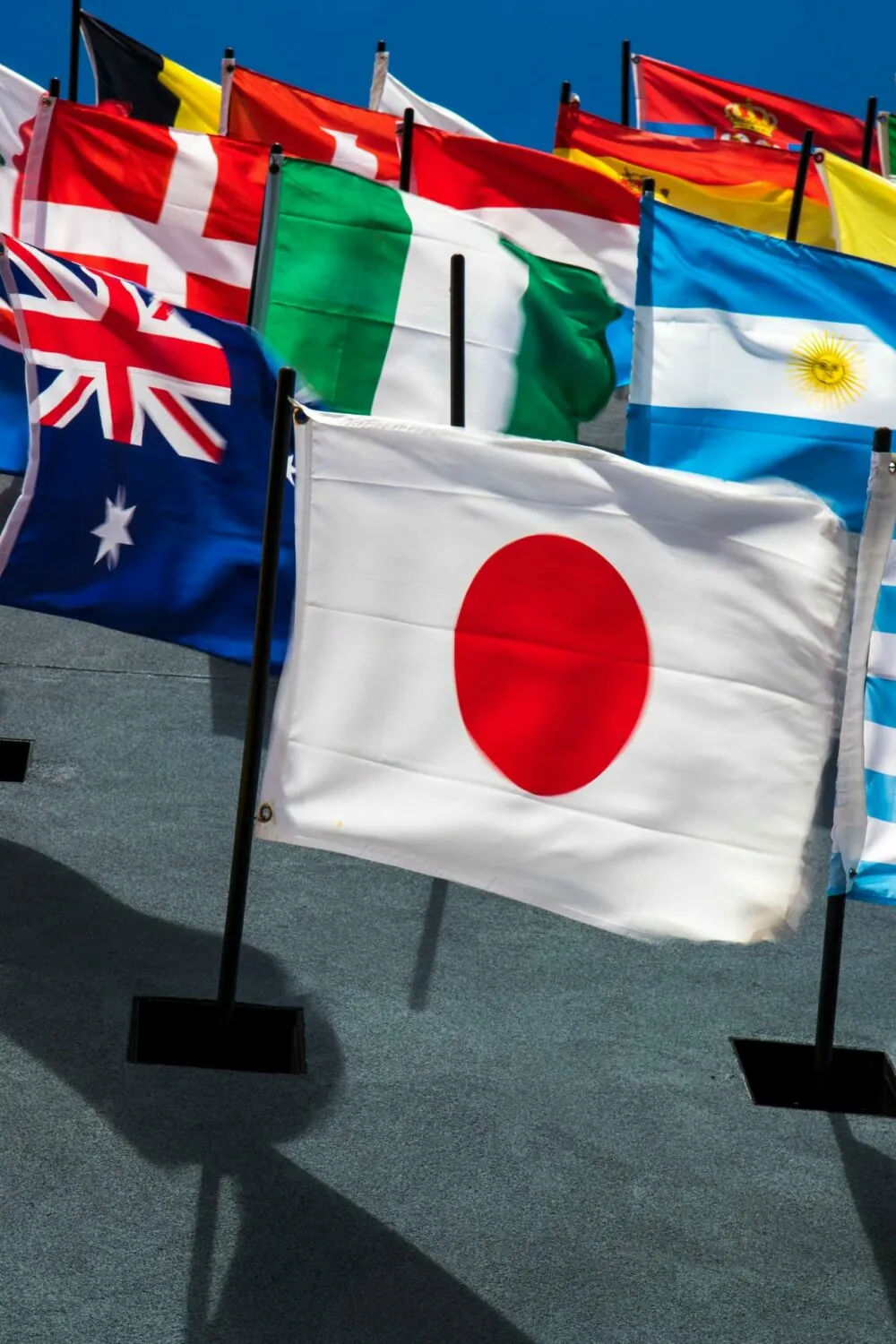
As part of Overseas NHS Workers Day, which celebrates the almost 200 nationalities represented in staff working for the NHS, doctors’ groups have highlighted the importance of the one in six doctors in NHS general practice who qualified outside the UK.
The pandemic has highlighted the dedication of these doctors and the selfless service they give to their patients and primary care, GP leaders said.
The Doctors Association UK (DAUK) – the group responsible for launching Overseas NHS Workers Day – has called for doctors who qualified abroad to be granted indefinite leave to remain in the UK in recognition of their efforts over the past year.
GPs trained overseas represent around 18% of the 35,500-plus GPs in permanent roles in England – a figure that excludes locums and GP trainees. NHS Digital figures for December 2020 show that 6,458 GPs in permanent NHS roles were trained outside the UK – 1,300 in the European Economic Area (EEA) and 5,158 elsewhere in the world.
The number of overseas-qualified GPs practising in the UK fell from 6,949 in from September 2016 to 6,071 in June 2019 before rising to the current level over the past year. GPonline reported last year that the proportion of NHS GPs trained in the EEA had stabilised after a steady decline since the start of the decade – despite uncertainty around Brexit.
GMC figures show that 55% of doctors who joined the NHS workforce between June 2018 and June 2019 qualified outside the UK. DAUK GP advisory group representative Dr Claire Ashley said these doctors had been ‘invaluable’ in allowing NHS primary care to continue to deliver services in very challenging times.
‘NHS Overseas Workers Day is a recognition of the extraordinary contribution that people who have migrated to the UK and played an integral role in the UK’s fight against COVID-19 have made, including GPs.
Dr Claire Ashley
Pandemic efforts
‘But many of our overseas GPs are on temporary visas. Currently, if an overseas healthcare worker dies due to COVID-19, their families are granted indefinite leave to remain. However, if the worker does not die they are not granted that benefit.
‘These GPs face uncertainty about their fate in this country, but despite this they continue to show up on the NHS frontlines every day, often risking their own health to do so. At DAUK we call for the contribution of all overseas workers who have worked in any capacity during the pandemic to be recognised, and to be granted indefinite leave to remain.’
A spokesperson for the British International Doctors Association (BIDA) said an appreciation of the contribution of overseas-qualified general practitioners was ‘essential to our understanding of the history of British healthcare’.
He said: ‘They made it possible for primary care practice to function and survive – forming the cornerstone of the NHS. The pandemic has been another opportunity to recognise their dedication and selfless love for the NHS highlighted by the tremendous contributions they have made.
He recognised the ‘mammoth task’ all GPs have undertaken in delivering vaccines and adapting services during the pandemic, and added: ‘The history of contributions of the overseas-trained GPs in the NHS should be considered a cause of celebration and the Overseas NHS Workers Day today is the first step to recognise their presence.’
GMC chief executive Charlie Massey argued recently that doctors who had rejoined the NHS workforce in the pandemic must be urged to stay to help the UK cope with a drop in overseas recruitment triggered by COVID-19. His comments follow an 85% drop in the assessment of overseas doctors since March – a slowdown during the pandemic that threatens to limit the flow of international doctors into the NHS.
Read the original article here https://www.gponline.com/thousands-overseas-gps-recognised-extraordinary-contribution-nhs/article/1709182





